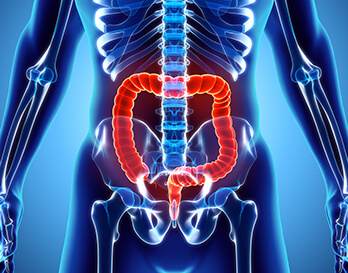What is a colonoscopy?
A colonoscopy is an investigative procedure that allows for the full examination of the lining of the bowel. The examiner will be able to identify any abnormalities in the bowel such as inflammation or growths and if present, will be able to diagnose bowel cancer.
Why might you need one?
A colonoscopy may be required if you are experiencing symptoms such as a change in bowel habits like constipation or diarrhea, blood in the stool or a change in the shape of the stool as well as unexplained weight loss or fatigue. As these symptoms are indicative of a range of intestinal issues such as irritable bowel syndrome, Crohn’s disease and bowel cancer, a colonoscopy is usually required to properly diagnose the problem. They are also recommended for people who have genetic predispositions for bowel cancer such as Familial Adenomatous Polyposis or Lynch syndrome.
General procedure
The procedure is quick and generally painless being performed under sedation, usually in 30 minutes. The colonoscopist will insert a thin, flexible tool called a colonoscope into the anus through the bowel until it reaches the cecum. As it is inserted the colonoscope uses water to cleanse the area and air to inflate and remove air from the large intestine. This allows the best viewing conditions for the colonoscopist. The colonoscope, which is fitted with a light source and camera, is then slowly removed transmitting images back to video monitor as it does. The colonoscopist then uses these images to identify any abnormalities that may be present and determines the next course of action.
Post-op care
After the procedure, time is required for the sedative to wear off so the patient will usually spend up to two hours in recovery. Similar to in the procedure, your vital signs are monitored and if they remain within their acceptable ranges then discharge will happen that same day. It is important to note that the sedative will remain in your blood for up to 24 hours so its important that you make arrangements for someone to collect you and take you home.

